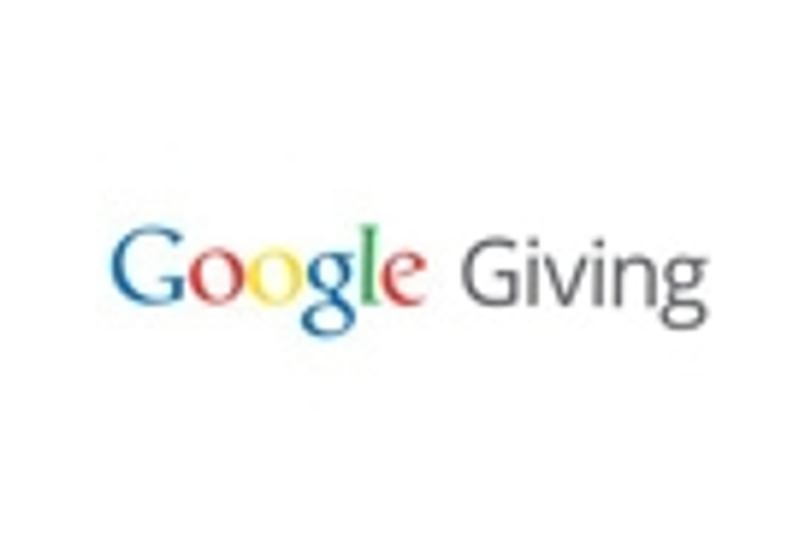
A $1.8 million Global Impact Award from Google Giving will enable Zooniverse, a non-profit project led by the University of Oxford and Adler Planetarium, to make setting up a ‘citizen science’ project as easy as starting a blog, leading to thousands of innovative new projects and accelerating the pace of scientific research.
The award supports the further development of the Zooniverse, the world’s leading ‘citizen science’ platform, which has already given more than 900,000 online volunteers the chance to contribute to science by taking part in activities including discovering planets, classifying plankton, or searching through old ship’s logs for observations of interest to climate scientists.
The Zooniverse currently supports 20 different scientific projects. Over the last six years, Zooniverse volunteers have discovered the first planet in a four-star system, rescued more than a million historical weather observations, and been the first to see new behaviour in plankton.
‘This award is a recognition of the efforts of our volunteer classifiers, who have made discoveries that were beyond our wildest dreams. More importantly, it will enable us to expand to deal with the growing demand for citizen science from researchers and the public,’ said Zooniverse Principal Investigator Dr Chris Lintott of Oxford University’s Department of Physics, who is also co-director of the Oxford Martin School's Programme on Computational Cosmology. The programme looks at how data from enormous experiments can be processed, and at ways of extending to other disciplines methods that are developing in astrophysics and cosmology.
The new award will enable Zooniverse to rebuild their platform so that research groups with no web development expertise could build and launch their own citizen science projects. Zooniverse researcher Dr Robert Simpson of Oxford University said: ‘Despite all the work we’ve put in, the number of good projects that are launched is limited by the amount of time we have. With this grant, we’ll be able to build a Zooniverse with 200 or even 2,000 projects.’
Google provided Zooniverse with the $1.8 million grant as part of its Global Impact Awards program, which provides support to organizations using technology and innovative approaches to tackle some of the world’s toughest human challenges. Previous recipients include GiveDirectly, supporting direct cash transfer to the poor, and the Zoological Society of London to build the next generation of environmental monitoring cameras.